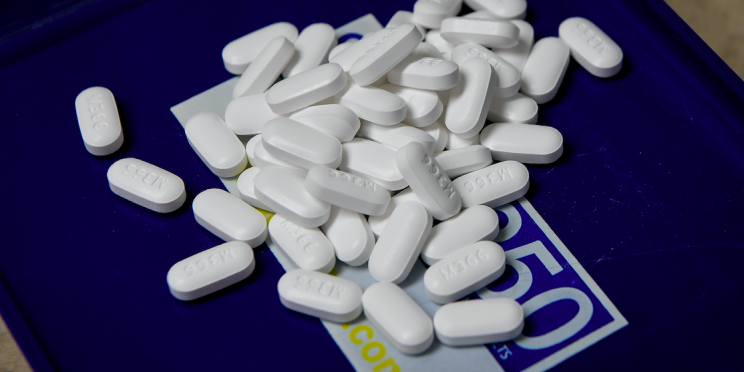Aetna CEO: Here are 2 reasons why health care in the U.S. is so expensive
Aetna’s (AET) CEO Mark Bertolini highlighted the two big drivers of health care costs in the U.S.
First, he argues the current system waits until something’s broken.
“It’s a warranty system. So it’s like going to an auto dealership and saying, ‘I want a warranty, not a car.’ So I’m more interested in the warranty on my car than I’m interested in a car. That would be a crazy purchase, right? But, yet, what we say to people when they buy health insurance, ‘Here’s your warranty card. When you get broken, we’ll fix you.’”
The current system doesn’t address social and environmental factors or individual behavior.
“[It] doesn’t say anything about their quality of life. [It] doesn’t say anything about the quality of their health. All it says is when we’re broken we’ll fix you, so what we have is a break-fix operation called the health care delivery system that fixes broken people, and by then it’s too late.”
Instead, he argues, the health care system should focus on what people want in the quality of their life.
“If you buy a car properly, you say, ‘Here’s the kind of car I want. Here’s what color it is. Here’s how many seats I want. I want it to be fast, slow. I want it to conserve energy. I want to have a big engine.’ Whatever it is you want, you decide that and then you build it. And they make it for you, and it’s to spec,” he said.
“So why don’t we say to people, ‘What is it about your health that gets in your way and how can we help you build a better quality of life?’ And let us worry about how we finance it later on once we design the product you want. So that’s the switch we need to make.”
The opioid epidemic and the loss of hope
The second driver of rising health care costs is that Americans “have lost hope over their health” due to the opioid epidemic.

He pointed that American citizens consume 80% of the opioid produced in the world. He added that many Americans, especially in the Midwest, have family members or know someone addicted to opioids.
“The vast majority of Americans, more than 75%, know somebody addicted to opioids and so people have given up,” Bertolini said.
“And so this idea of loss of hope and a system we’re focused on fixing broken things creates this very high-cost structure for us as a country that’s standing in the way of social determinants,” he said. “We’re not investing in social programs; we’re waiting for people to be broken and [so we can] fix them.”
Aetna recently announced a 5-year plan to do its part taking on the opioid crisis by reducing inappropriate opioid prescribing by 50%. The insurer sent over 1,000 physicians in their network who were identified as super-prescribers, or an over-prescriber, of opioids. The company also sent letters to over 1,000 dentists and oral surgeons.
—
Julia La Roche is a finance reporter at Yahoo Finance. Follow her on Twitter.

